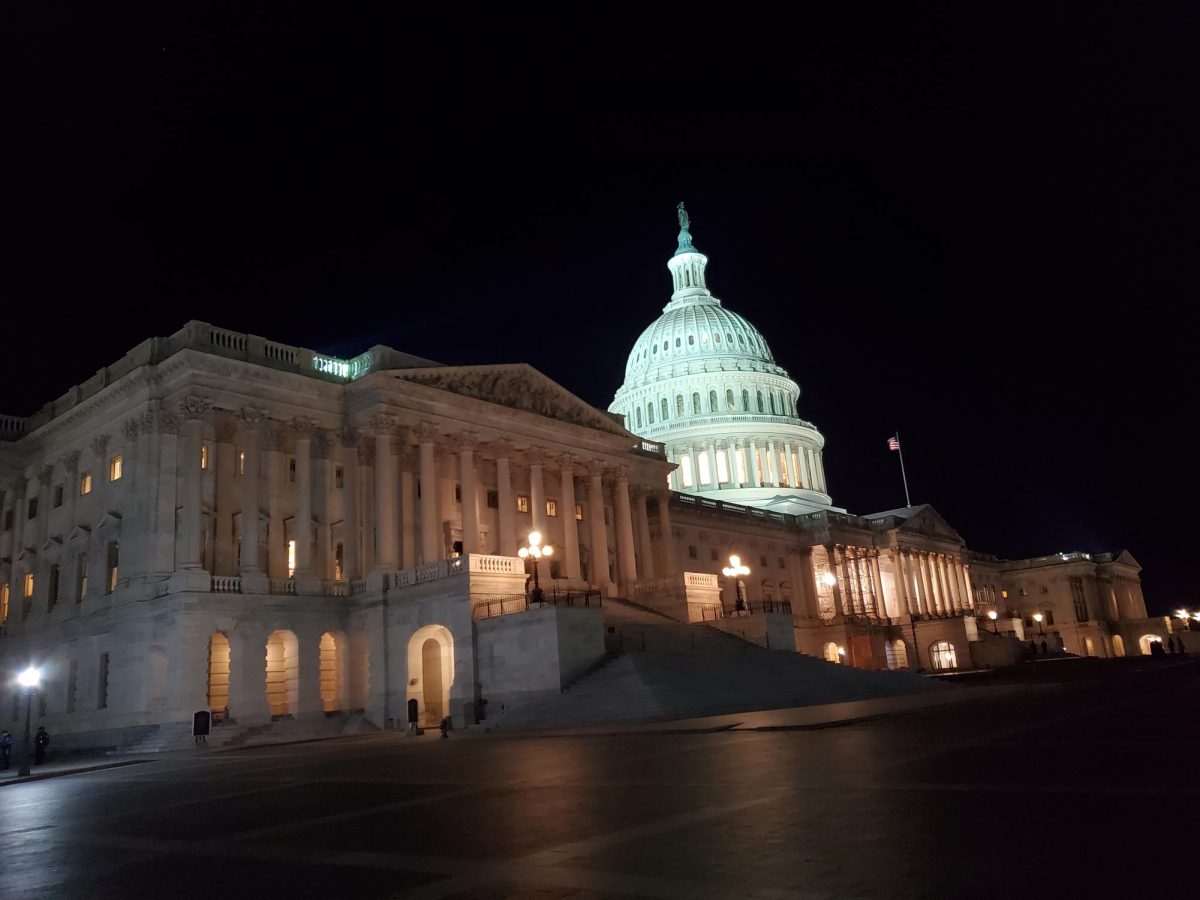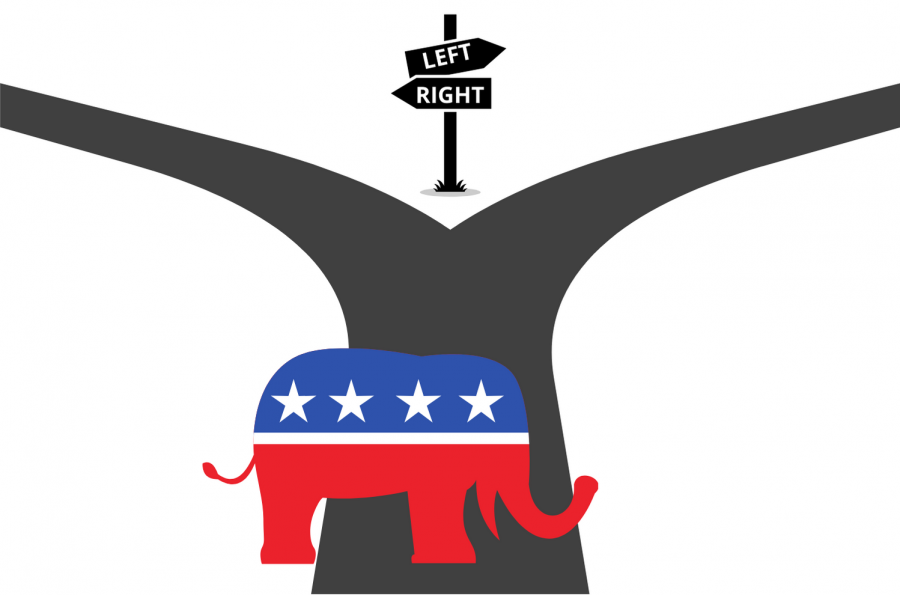A week ago today saw President Obama sign into place an order for $85 billion in automatic spending cuts within the US economy, marking a series of drastic cuts to government funding throughout the nation.
Only days earlier on Wednesday, the Republican-controlled House of Representatives approved legislation to prevent a March 27 government shutdown with a 267-151 vote, sending the bill to the Senate.
Famously known as the “sequestration” or the “sequester,” the National Journal explains that the term refers to “$1.2 trillion in automatic spending cuts due to go into effect over the next 10 years, with roughly $85 billion slated for this year.” Moreover, the Congressional Budget Office predicts that the effects of the sequestration are expected to cost nearly 750,000 jobs by the end of the year.
Following a futile meeting with congressional leaders, President Obama declared that “it’s happening because of a choice that Republicans in Congress have made,” the Washington Post reports.
“They’ve allowed these cuts to happen because they refuse to budge on closing a single wasteful loophole to help reduce the deficit,” Obama added.
More notably, President Obama referenced a “Star Wars term,” stating, “the fact that [Republicans] don’t take it means that I should somehow do a Jedi mind-meld with these folks and convince them to do what’s right.”
With the looming furloughs of hundreds of thousands of federal workers, a Gallup poll reports a decline in Obama’s approval rating from 51 percent to 47 percent.
The heart of the sequester has been an ongoing confrontation between Republicans and Democrats to agree on a long term deal to reduce the $16 trillion debt the United States has continued to accumulate. The term “sequestration” was first phased as part of the Budget Control Act of 2011.
At the start of the year, the American Taxpayer Relief Act was passed, ending what many had feared with the United States economy “going over the fiscal cliff.”
With President Obama pushing for higher taxes and Republicans continuing to refuse this measure, the U.S. Congress failed to reach an agreement before the March 1 deadline.
Unlike earlier this year, both parties refused to strike a last minute deal to save the economy from falling victim to the sequester.
According to the Guardian,“Obama said a country like America should not be forced to run its economy making deals on a month to month basis and he is looking for a long-term solution: what he referred to as a balanced approach, a combination of spending cuts and new taxes.”
As consequence of the sequester, “the hardest-hit department will be the Pentagon, which will have to find more than $40 billion in savings between now and September, about 9 percent of its overall budget.”
However the cuts are also set to reduce an amount of 5 percent for the budget of nearly every government department.
“Beginning this week, businesses that work with the military will have to lay folks off. Communities near military bases will take a serious blow. Hundreds of thousands of Americans who serve their country — border patrol agents, FBI agents, civilians who work for the defense department — will see their wages cut and their hours reduced,” the President stated in the recent White House press conference.
Hence the consequences of the sequester are being felt by public schools as the Associated Press reports that “about 1,400 school districts serving roughly 11 million children nationwide — including nearly 376,500 students from military families” will be hit by the cuts that affect Impact Aid, the federal program that “supplements local property tax losses for districts that cover federal land, including military posts and Indian tribal areas.”






